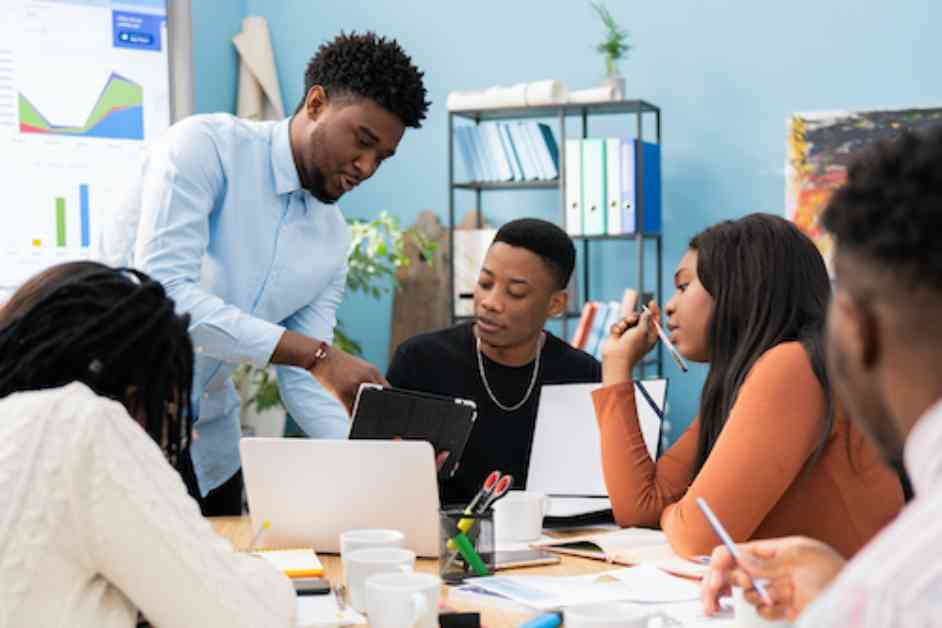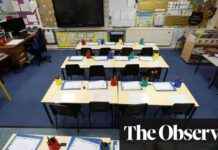Our country is currently facing unprecedented challenges, and teachers are at the forefront, working tirelessly to educate and support students. As someone who has worked in education and now supports education leaders nationwide, I understand the importance of building strong relationships in the field of education. It is crucial to move beyond mere compliance and truly connect with the young individuals in our classrooms.
The current educational system often focuses on compliance, with teachers feeling pressured to fit students into predetermined boxes and adhere strictly to standards. However, if we want to unlock the full potential of our students and create a positive learning environment, we must prioritize building connections. By shifting our focus from compliance to understanding the unique backgrounds, dreams, and potential of each student, we can foster a more engaging and enriching educational experience.
It is essential to see students as individuals rather than labels such as “at-risk,” “low-achieving,” or “gifted and talented.” While labels serve a purpose in allocating resources and setting benchmarks, they can also limit students’ potential and create narratives that do not reflect their true abilities. As someone who was once labeled “at-risk,” I understand the impact of such categorizations. However, one of my elementary school teachers saw beyond the label and built a meaningful relationship with me, setting high standards and providing the support I needed to succeed.
Creating authentic relationships with students requires time, effort, and active listening. By engaging with students on a personal level, educators can better understand their backgrounds, interests, and experiences. This approach not only fosters a more supportive learning environment but also empowers students to take ownership of their education. Additionally, partnering with families and communities is crucial in ensuring that students receive comprehensive support both inside and outside the classroom.
By inviting families to become strong educational partners and creating collaborative spaces that value their contributions, we can promote educational equity and support students in achieving their full potential. When educators, families, and communities work together with mutual respect and a shared focus on student success, transformational change becomes possible. Ultimately, building strong relationships in education is the key to creating inclusive, supportive, and empowering learning environments for all students.
As educators, it is our responsibility to prioritize relationships, understanding, and connection in our daily practice. By valuing each student as an individual and working collaboratively with families and communities, we can make a lasting impact on the lives of our students and drive positive change in the field of education. Let us remember the importance of personal leadership and the transformative power of building meaningful connections with our students, colleagues, and communities. Together, we can create a brighter future for all.


